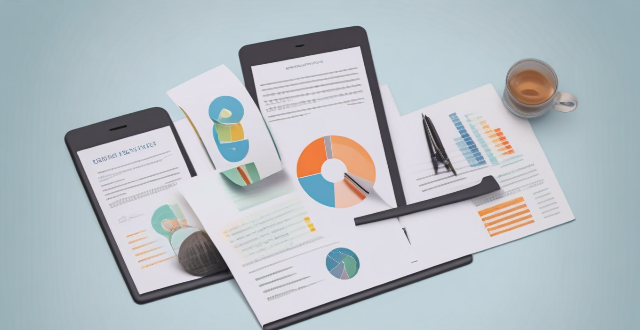Mistakes in personal income tax calculation can lead to underpayment or overpayment of taxes, errors in reporting income or deductions, and potential penalties, interest charges, or even criminal charges. To avoid these consequences, it's essential to stay organized, use tax software or consult a professional, review your return carefully, and file on time.

What happens if I make a mistake in my personal income tax calculation?
If you make a mistake in your personal income tax calculation, it can have several consequences depending on the nature and severity of the error. Here are some possible scenarios:
1. Underpayment of taxes
If you underestimate your tax liability, you may end up paying less than what you actually owe. In this case, the tax authority may impose penalties and interest charges on the unpaid amount. The penalty rate and interest rate vary by jurisdiction, but they can be quite substantial.
Potential consequences:
- Penalties: You may be subject to a late payment penalty, which is usually a percentage of the unpaid tax amount.
- Interest charges: You will also be charged interest on the unpaid tax amount from the due date until the date of payment.
- Collection actions: If you fail to pay the outstanding taxes after receiving a notice from the tax authority, they may take collection actions such as garnishing your wages or seizing your assets.
2. Overpayment of taxes
If you overestimate your tax liability, you may end up paying more than what you actually owe. In this case, you can claim a refund for the overpaid amount by filing an amended return or applying for a credit against future tax payments.
Potential consequences:
- Refund processing time: It may take some time for the tax authority to process your refund request, especially if it involves an amended return or audit.
- Lost opportunity cost: Overpaying taxes means that you have given the government an interest-free loan for the duration of the overpayment period. This money could have been invested elsewhere to earn a return.
3. Errors in reporting income or deductions
If you make errors in reporting your income or deductions, it can lead to discrepancies between your tax return and the information reported by third parties (e.g., employers, financial institutions). This can trigger an audit or investigation by the tax authority.
Potential consequences:
- Audit: The tax authority may select your return for audit to verify the accuracy of your reported income and deductions.
- Penalties and interest: If the audit reveals that you owe additional taxes, you will be responsible for paying any penalties and interest on the unpaid amount.
- Criminal charges: In extreme cases, intentionally misreporting income or deductions can result in criminal charges and severe legal consequences.
How to avoid mistakes in personal income tax calculation?
To minimize the risk of making mistakes in your personal income tax calculation, consider taking the following steps:
1. Stay organized: Keep accurate records of your income, expenses, and deductions throughout the year.
2. Use tax software or consult a professional: Tax software can help you calculate your tax liability correctly, while a professional accountant or tax preparer can provide expert advice and guidance.
3. Review your return carefully: Before submitting your tax return, review it thoroughly to ensure that all information is accurate and complete.
4. File on time: Even if you cannot pay your full tax liability by the deadline, filing your return on time can help reduce penalties and interest charges.